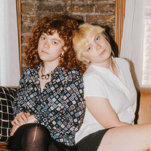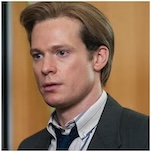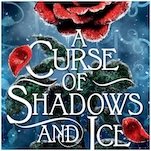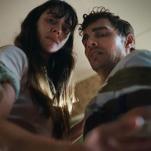Lady Bird
(2017 New York Film Festival Review)
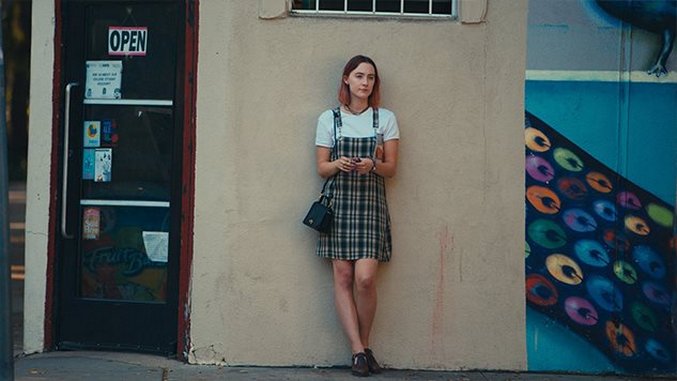
Before Christine “Lady Bird” McPherson (Saoirse Ronan)—Lady Bird is her given name, as in “[she] gave it to [her]self”—auditions for the school musical, she watches a young man belting the final notes to “Being Alive” from Stephen Sondheim’s Company. A few moments before, while in a car with her mother, she lays her head on the window wistfully and says with a sigh, “I wish I could just live through something.” Stuck in Sacramento, where she thinks there’s there’s nothing to be offered her yet she pays acute attention to everything her home does have to offer, Lady Bird—and the film, written and directed by Greta Gerwig, that shares her name—has ambivalence running through her veins.
What a perfect match: Stephen Sondheim and Greta Gerwig. Michael Schulman wrote in The New Yorker, “No one in musical theatre does ambivalence like Sondheim, and usually no one tells you what it is until after you’ve experienced it.” Few filmmakers are able to capture the same kind of ambiguity and mixed feelings that involve the refusal to make up one’s mind: look to 35-year-old Bobby impulsively wanting to marry a friend, but keeps him from committing to any of his girlfriends, in Company; the “hemming and hawing” of Cinderella on the, ahem, steps of the palace; or Mrs. Lovett’s cause for pause in telling Sweeney her real motives. Lady Bird isn’t as high-concept as many of Sondheim’s works, but there’s a piercing truthfulness to the film, and arguably Gerwig’s work in general, that makes its anxieties and tenderness reverberate in the viewer’s heart with equal frequency.
-

-

-

-

-

-

-

-

-

-

-

-

-

-

-

-

-

-

-

-

-

-

-

-

-

-

-

-

-

-

-

-

-

-

-

-

-

-

-

-

